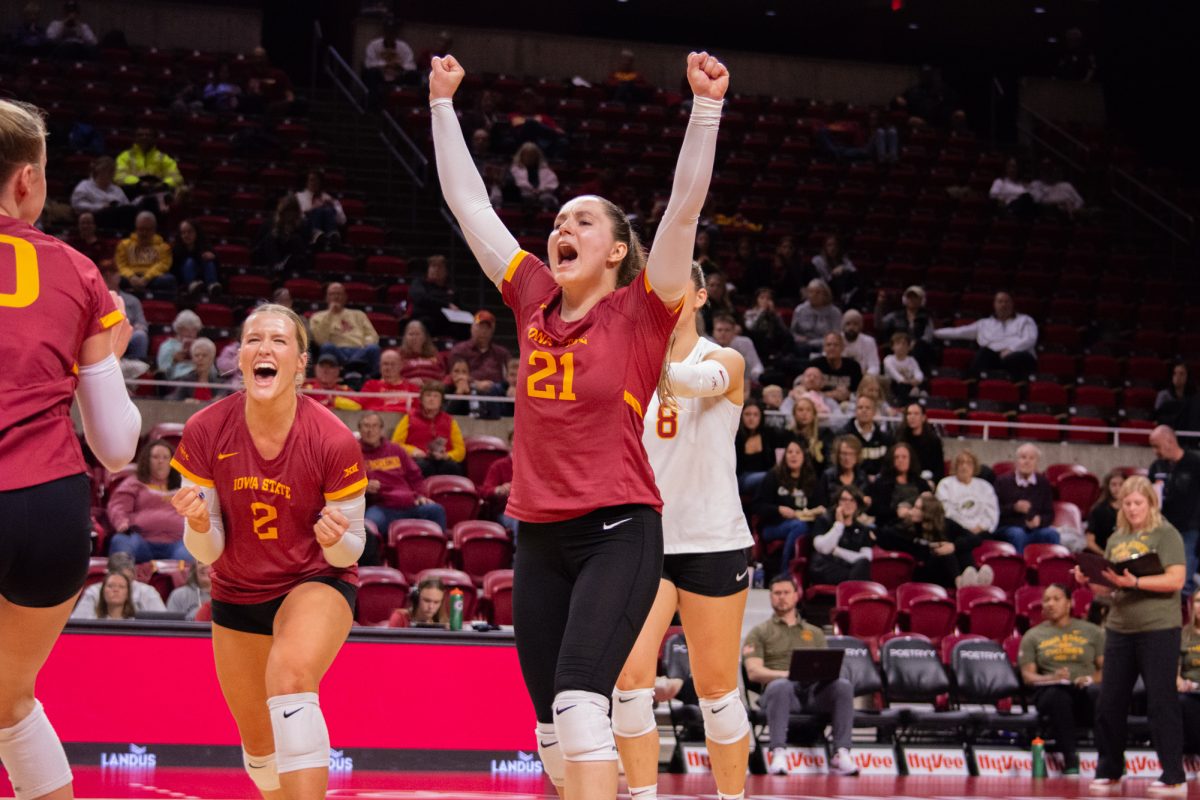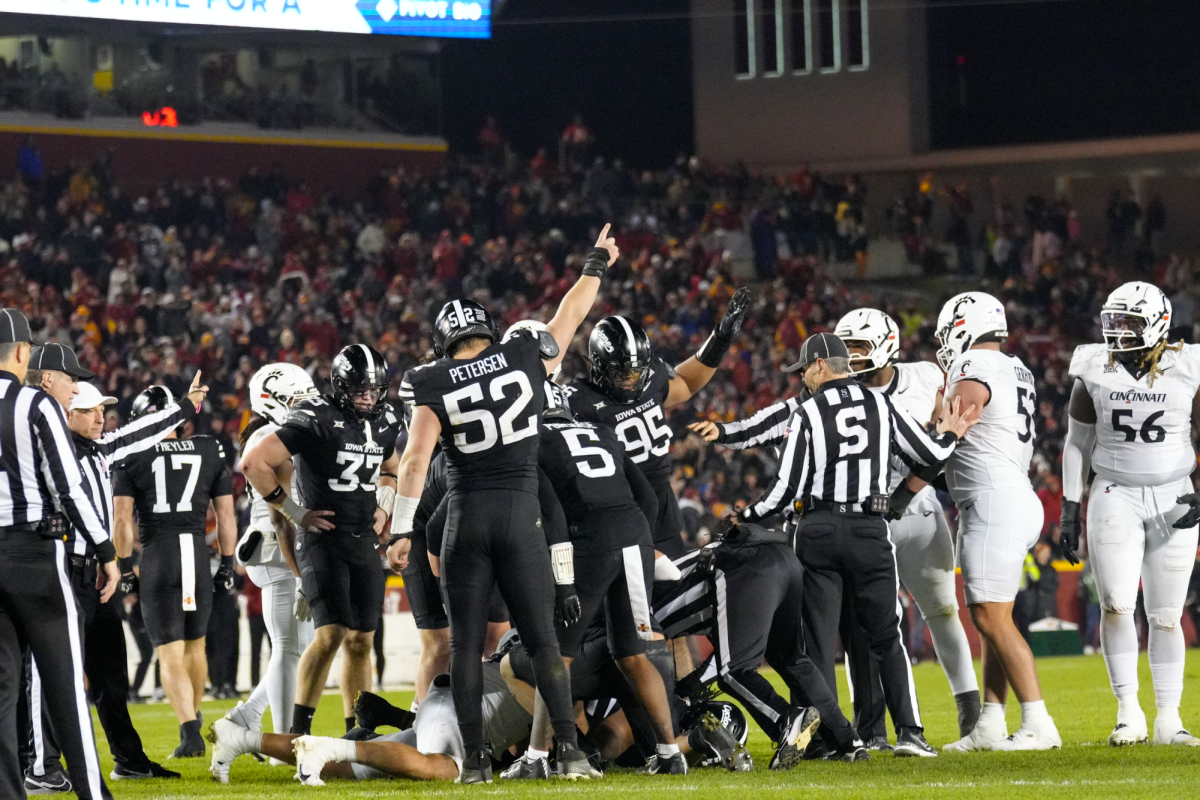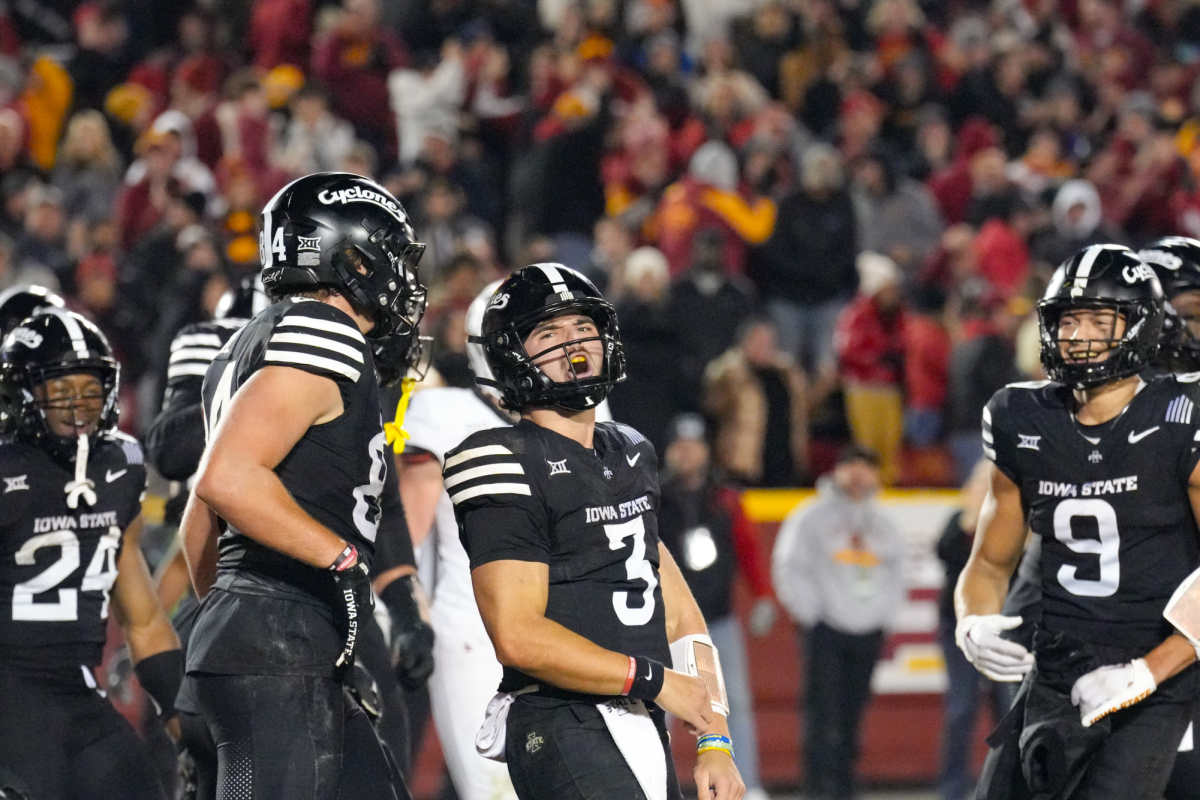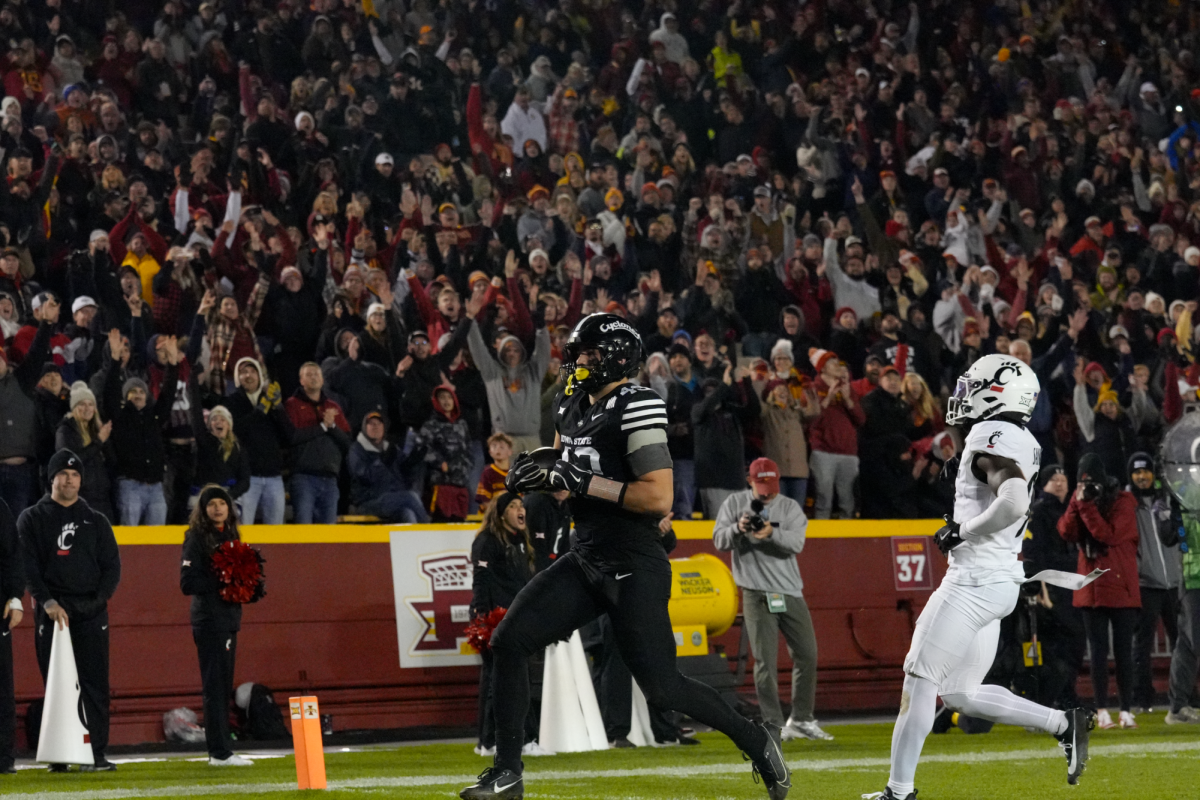Current system better than nothing
November 12, 2000
Alas, poor Gore, I knew him well… It’s true, Al Gore’s chance at the presidency will probably be over soon, and it has more than a few people up in arms about the reason why.
Well, I should say reasons. Many supporters blame Nader’s involvement in the election, which, like the involvement of previous minor party candidates such as Theodore Roosevelt in 1912 and Ross Perot in ’92 and ’96, played at least some role in key states like Wisconsin, Oregon and especially Florida, where just 2 percent of Nader’s vote would have pushed Gore over the top. Even more furious, however, are Americans who are experiencing the electoral college system for the first time.
First, I’ll give you a bit of background. There has always been an electoral college. The fact that people in our generation were unaware of it can be explained in two ways.
One, we are generally uninformed about the way our country actually works. Two, it’s never come up before in our time. The elections we’ve seen in the past 20 years have been landslides. This was the first time there was actual nail-biting involved.
But now people all around campus and the United States are demanding the end of the electoral college. I, for one, think they need a lesson.
Before that, I’d like to once again explain something. In case you haven’t noticed, I don’t like George W. Bush. If given a choice between the devil and George W. Bush, I’d have to consider their position on religious freedom before I could make a decision. Accordingly, I’d vote Devil, who would support various religions of many cultures, rather than the rigid Bush/Christian Coalition stance.
Furthermore, the devil would have had a great deal of experience in foreign policy, and most of our Vietnam policy must have come from him.
Despite this, I am still fine with the electoral college system. Why?
Frankly, because the alternatives would not generally be better, especially in small midwestern states like Iowa and Nebraska.
Assuming we do abolish the electoral college and make the popular vote the method of election, we will see a large growth in sectionalism in American politics. If a president was aware that all he had to do was win the most votes nationwide, he could completely bypass states in the midwest. Frankly, the electoral college exaggerates the population of Iowa’s ability to select the president.
Why? It’s simply a matter of numbers. Take the population of California and compare it to that of Iowa. According to the 2000 World Almanac, they rank at 33.14 million and 2.87 million, respectively.
This means that, per electoral vote, California has 613,703 residents, while Iowa has only 410,000. In other words, our votes count significantly more.
Do we really want to give that power away?
If we’re speaking in terms of injustice, granted, the electoral college system is humorously hurting people in large states. But, as far as our own influence, be happy we have so much power.
If we abolish the electoral college, there’s a greater chance of a minority president than there is now.
At least now presidents have to win a majority of electoral votes. If we got rid of the system, a president could take roughly 20 percent of the popular vote and win.
How? Sectionalism would be the answer. As is, our country is relatively segmented, and relatively sectional. The South is very different from the Midwest, and the coasts are both their own entities. By eliminating the electoral college, we increase the potential for sectional candidates.
Jesse Helms could run as the Southern Liberation party candidate, claim large victories in many Southern states, while pushing the major party candidates down, and unless one of those major party candidates did extremely well in the rest of the country, we could have a president who ran on the basis of excluding most of the country.
Abolishing the electoral college practically begs people to do this. If there was a candidate running from the South, you’d better believe that all the other sections of the country would start to see their own sectional presidential candidates springing up. In the end, the election would be decided merely by who mobilized the vote in their section the most.
Personally, I don’t want that. I don’t want a president to run on the platform of California secession or helping Midwestern farmers.
The point of a president is for him to be well-educated on a broad number of issues and, most importantly, foreign policy.
Putting the president to a popular vote may seem like a good idea, but, quite frankly, there are better ways to go. If you want true electoral reform, move to Maine or Nebraska.






